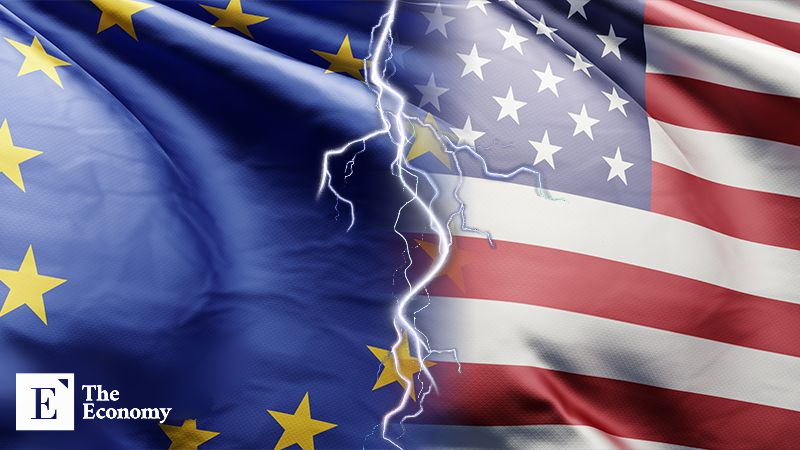
EU agrees to lower tariffs by pledging large-scale purchases of U.S.
Read More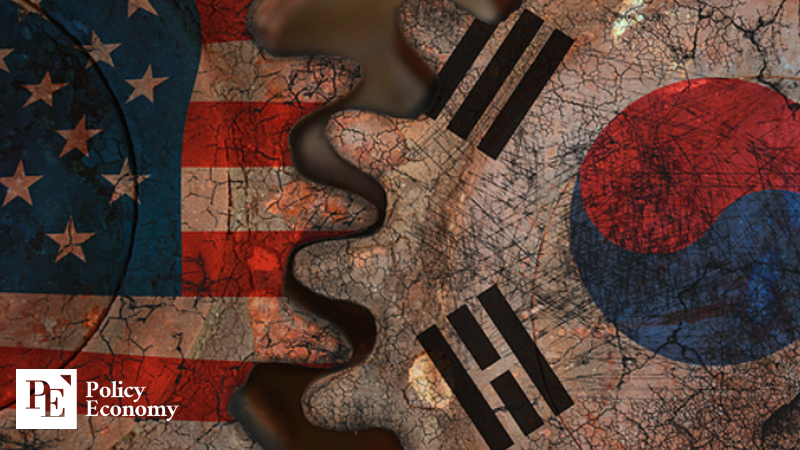
Budget Constraints Hamper Negotiations Coordinated Response from Government and Industry Mounting Pressure on Corporations Sparks Accusations of Coerced Relocation U.S.
Read More
Trump Shares Details of Calls with Both Leaders on Social Media “No Trade Talks with Warring Nations,” He Warns CNN: “Proxy Clash Between U.S.
Read More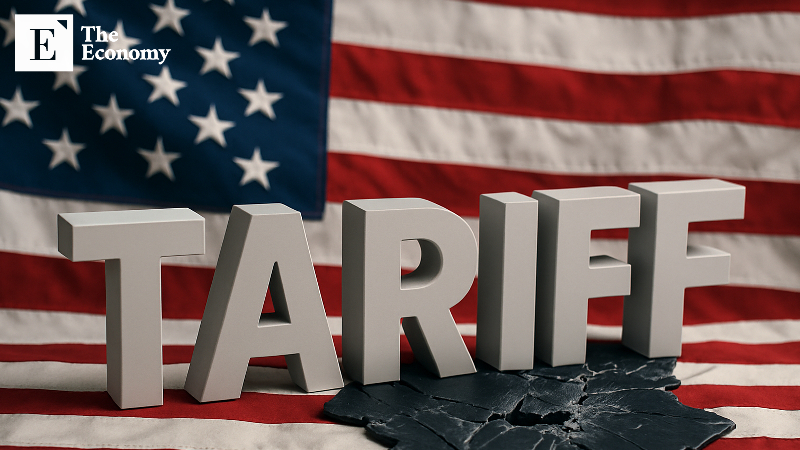
A few lines sketch the battlefield: China dodges walls by rerouting trade. America sharpens rules before drawing the line. What begins with tariffs may end with trust broken. A critical phase of U.S. trade policy is unfolding. Washington is nearing the completion of its most comprehensive tariff review in years, and all eyes, especially those of China, are on what remains to be finalized. Only a few nations are left on the list, but the implications are already global. This isn’t just about customs rates.
Read More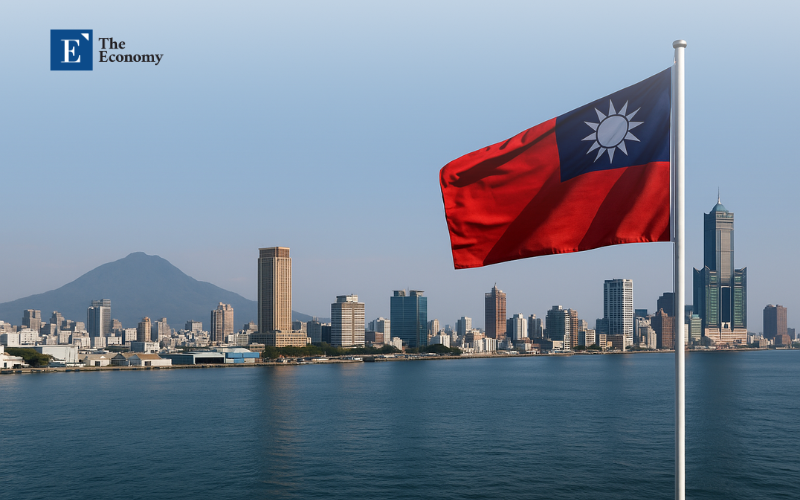
A pledge is uncertain. Japan’s priorities do not always align with those of Trump. USD 550 billion may not go where America expects. In the swirl of post-summit declarations and high-stakes trade commitments, former President Donald Trump announced a headline-grabbing figure: Japan would be investing $550 billion in the United States' economy at his direction. But behind the theatrics, the deal is far from secure.
Read More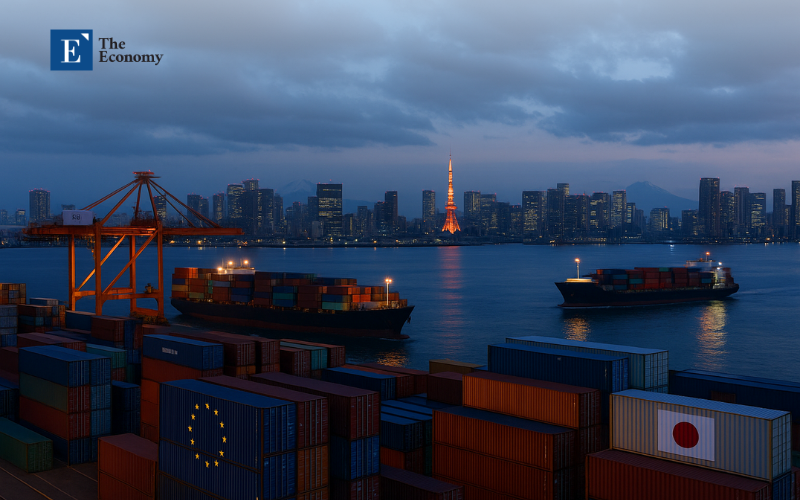
This article was independently developed by The Economy editorial team and draws on original analysis published by East Asia Forum. The content has been substantially rewritten, expanded, and reframed for broader context and relevance. All views expressed are solely those of the author and do not represent the official position of East Asia Forum or its contributors.
Read More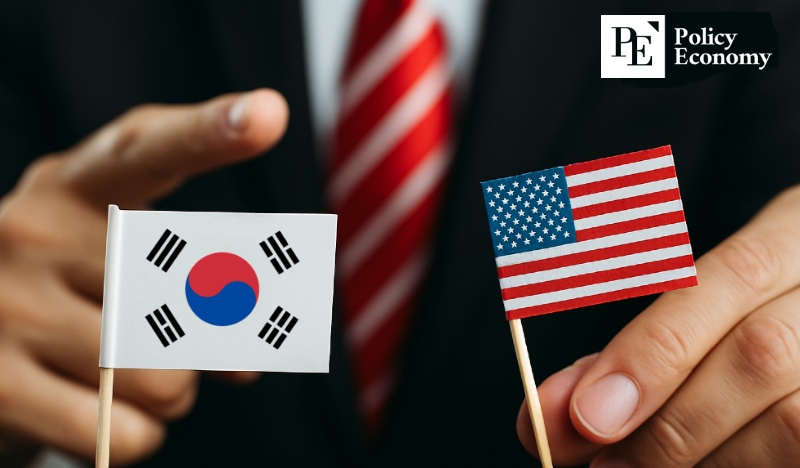
Preemptive Remarks Ahead of High-Level TalksTrade Talks Increasingly Resemble Transactions
Read More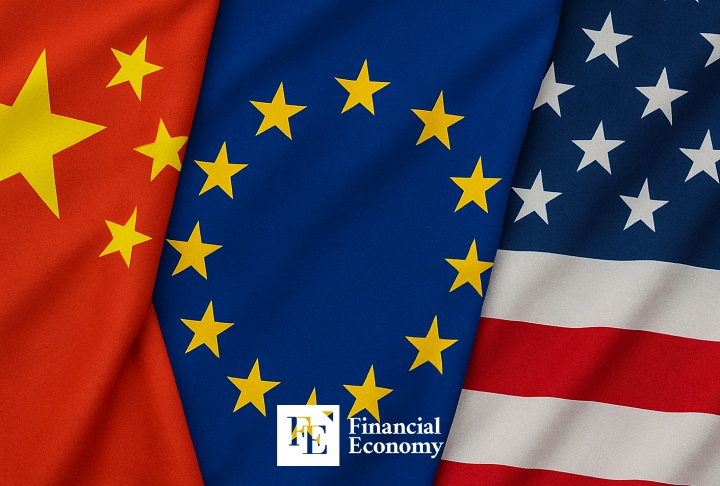
A Beijing summit between China and the EU yields cordial language but no breakthroughs. The EU presses China on trade imbalances and Ukraine, but leaves with little leverage. Europe faces a strategic crossroads, caught between dependence on China and alignment with the U.S. In a year marked by mounting geopolitical tension, China hosted top European Union leaders in Beijing in an attempt to reboot a strained partnership.
Read More
This article is based on ideas originally published by VoxEU – Centre for Economic Policy Research (CEPR) and has been independently rewritten and extended by The Economy editorial team. While inspired by the original analysis, the content presented here reflects a broader interpretation and additional commentary. The views expressed do not necessarily represent those of VoxEU or CEPR.
Read More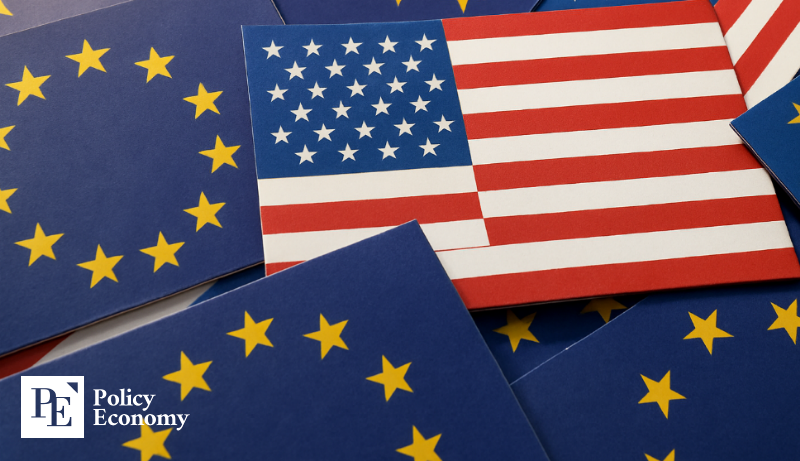
Avoiding a 30% tariff at all costs, the EU opts for damage controlBeneath the optics of stability lies a defensive compromise
Read More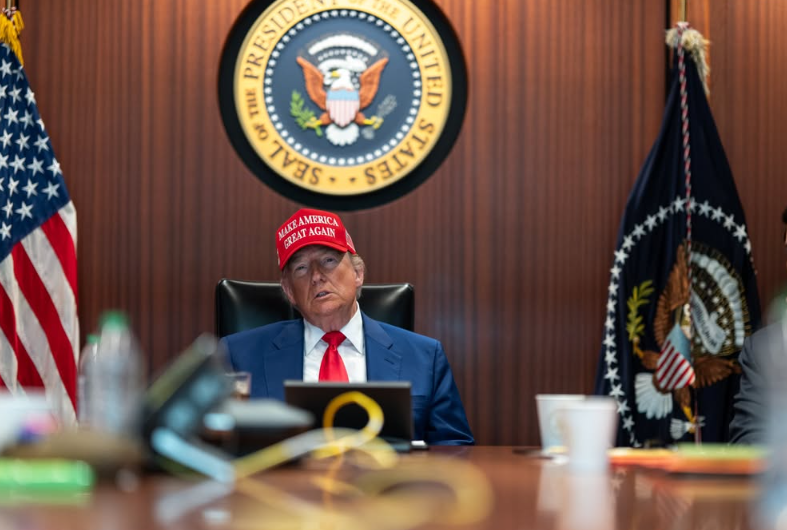
The United States withdraws from UNESCO for the third time. The move underscores growing U.S. resistance to multilateral institutions seen as promoting progressive values. Trump administration claims ideological misalignment; critics warn of long-term diplomatic costs. In a dramatic yet familiar move, the United States has once again severed its ties with UNESCO, the United Nations’ cultural and educational agency. Announced in July 2025, this withdrawal marks the third such exit in U.S.
Read More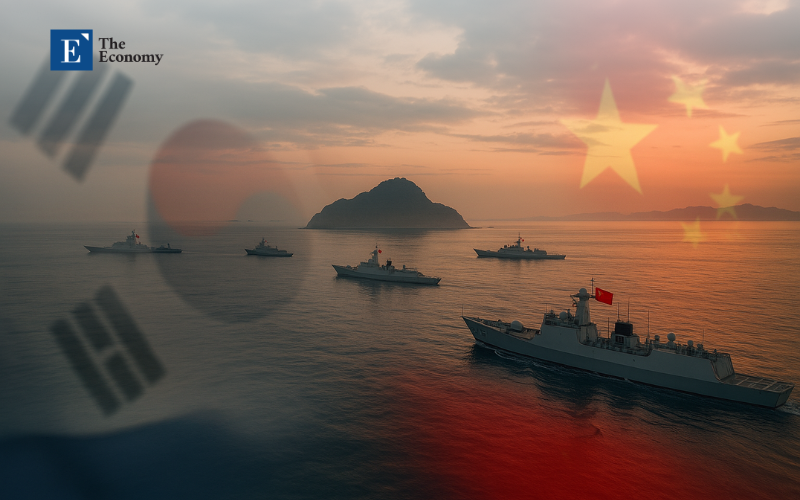
This article was independently developed by The Economy editorial team and draws on original analysis published by East Asia Forum. The content has been substantially rewritten, expanded, and reframed for broader context and relevance. All views expressed are solely those of the author and do not represent the official position of East Asia Forum or its contributors.
Read More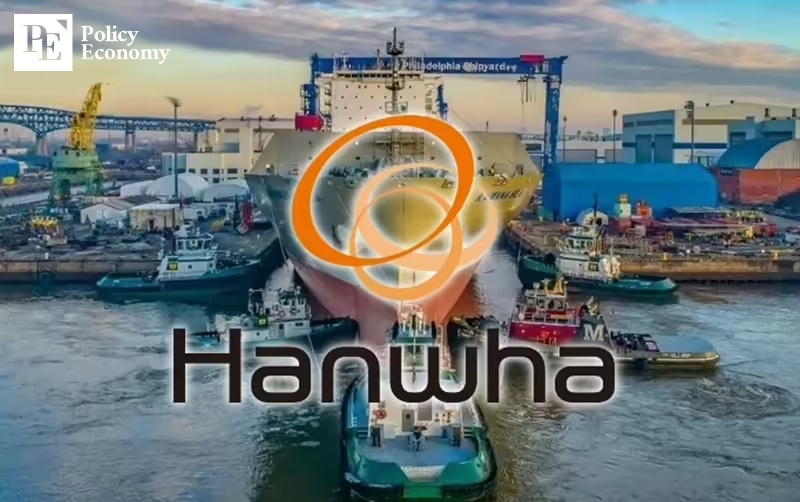
Philly Shipyard Branding and Korea-U.S. Joint Construction Model Accelerating Technology Transfer to Target the MRO Market
Read More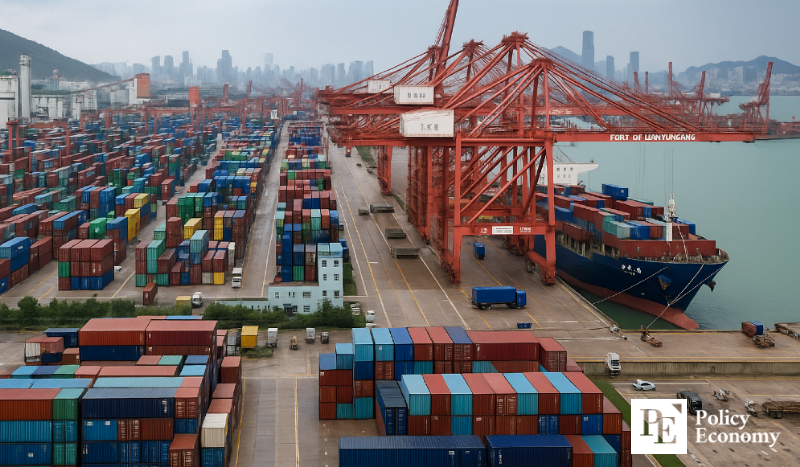
China’s State-Owned Shipping Giant Acquires Stake in Spanish Port EU Commission’s Warnings Fail to Stop Chinese Capital Penetration Existing Global Shipping and Logistics Structure Undergoes Accelerated Shift COSCO SHIPPING
Read More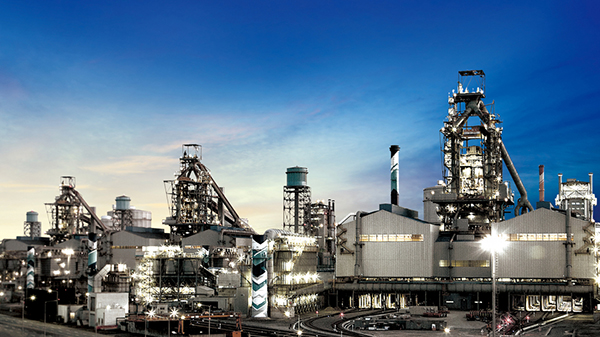
Taiwan maintains strict anti-dumping duties on stainless steel from China and South Korea. South Korea may follow suit as pressure mounts to defend domestic producers. Japan's shift toward inflation and pricing controls adds complexity to regional steel policy. A new fault line is emerging in Northeast Asia’s economic landscape, not in politics, but in the realm of stainless steel.
Read More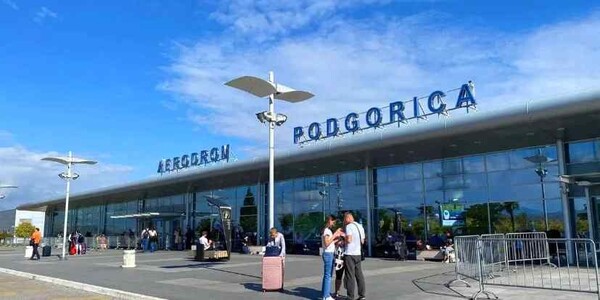
Podgorica and Tivat airport concessions at stake Defeats European contenders such as CAAP and TAV-ADP consortium If finalized, secures up to 30-year operating rights Incheon International Airport Corporation (IIAC) has been selected as
Read More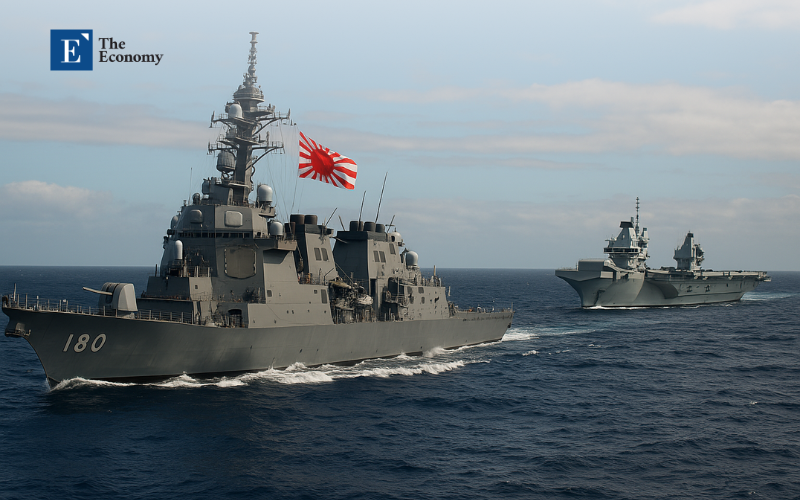
This article was independently developed by The Economy editorial team and draws on original analysis published by East Asia Forum. The content has been substantially rewritten, expanded, and reframed for broader context and relevance. All views expressed are solely those of the author and do not represent the official position of East Asia Forum or its contributors.
Read More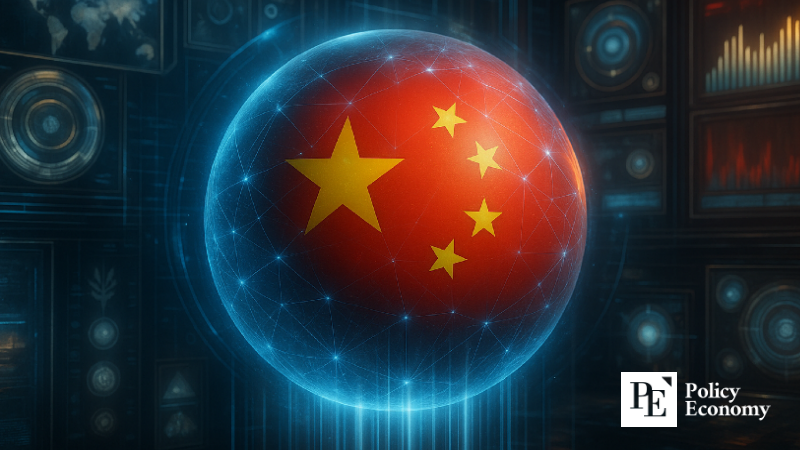
$177 Billion Invested in World’s Largest Hydropower Project Harnessing High-Altitude Terrain for Maximum Energy Efficiency India and Bangladesh React with Strong Protests over 'Survival Threat' The Yarlung Tsangpo
Read More
Ukraine’s drones pierced Moscow’s illusion of safety. Russia now faces mounting costs just to defend its cities. Zelenskyy’s “simple drone army” may have won Ukraine more than just airspace; it won support. KYIV — The impact of a Ukrainian drone strike that temporarily closed Moscow’s Vnukovo Airport is reverberating far beyond the airspace over the Russian capital.
Read More
This article is based on ideas originally published by VoxEU – Centre for Economic Policy Research (CEPR) and has been independently rewritten and extended by The Economy editorial team. While inspired by the original analysis, the content presented here reflects a broader interpretation and additional commentary. The views expressed do not necessarily represent those of VoxEU or CEPR.
Read MorePagination
- First page
- Previous page
- …
- 5
- 6
- 7
- …
- Next page
- Last page











